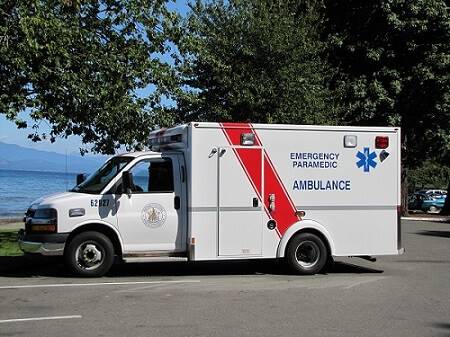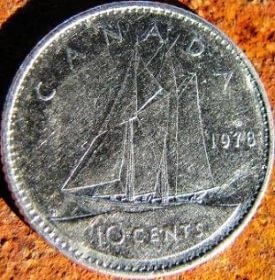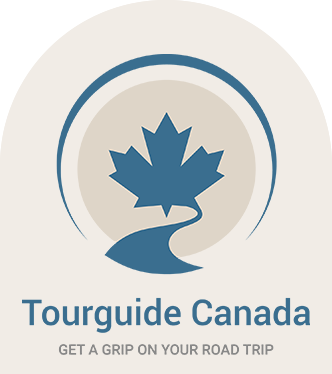Travel Medical Insurance Canada
Do foreign visitors need travel medical insurance for Canada?
If you get sick or get involved in an accident while travelling in Canada, Canadian government does not pay the hospital or medical services for visitors. You have to pay any medical attention out of your own pocket.
When you purchase travel medical insurance ahead of your visit to Canada, the insurance company will pay or reimburse your medical expenses.
As medical care can get expensive, I recommend any visitor to Canada to get coverage for the time you spend out of country.
On this page:
How medical travel insurance works
What to look for when buying travel health insurance
Do Canadian residents need medical travel insurance when visiting another province within Canada?
Medical care fees
Hospital and medical centre rates vary per location. Insured residents pay less for medical attention than foreign visitors to Canada do.
Unless you’re able to put $50,000 down - right out of your pocket - you should get travel health insurance to cover any medical costs while visiting Canada.
Don’t take the risk that an unfortunate event will hunt you for the rest of your life.
Examination by a doctor
As a visitor to Canada you pay anywhere from $100 up to $600 to see a doctor during daytime.
This fee excludes any treatment and medication.
At night, the costs might double.
Hospital stay
If you have to stay in hospital, the average day rate for non-residents is $3,000 - $4,000.
Intensive care can be up to $8,500 a day!
Ambulance
Ambulance fees vary upon the province and whether you are a foreign visitor or a Canadian resident.
As a foreign visitor to Ontario you pay $240 to get transferred to hospital, while in Nova Scotia they charge $1099 for the same service.
These examples are ambulance fees only!
The doctor's fees are not included, nor any medication.
These fees also vary strongly per hospital, municipality and province; they can easily pile up to thousands of dollars $$$...
 persons without a valid BC Care Card pay $530 for an ambulance within British Columbia
persons without a valid BC Care Card pay $530 for an ambulance within British ColumbiaHow travel medical insurance in Canada works
As a foreign visitor to Canada, you can visit any doctor or hospital, as long as you pay the bill.
Relatively small amounts, you pay upon your visit. After you returned home, send the medical bill to your insurance company. If you purchased travel health insurance ahead of your travel to Canada, they will reimburse you.
If you need intensive medical attention, you have to contact your insurance company a.s.a.p.
They’ll take care of the financial aspects without you having to worry about it.
Visiting a physician as a foreign visitor to Canada
When visiting a physician:
- Always try to make an appointment ahead.
- Bring your
• ID
• credit card, debit card or cash
• travel health insurance policy. - Ask for official proof of your medical exam or treatment including
• date,
• name of the medical centre or hospital,
• medical treatment,
• prescribed medication,
• doctor’s name and autograph,
• fee you had to pay, and
• a copy for your own administration.
Anything can happen...knock on wood
There doesn’t need to be an accident to visit a doctor. Anything can happen when travelling.
While tour guiding I had to see several doctors with a few of my clients. Luckily, they all could continue the tour, and best of all, the guests had purchased travel medical insurance for Canada.
Some of my clients had to see a doctor for the following issues: Someone had
- slipped off a boardwalk (result: internal bleeding within the leg)
- a serious bladder infection
- a severe allergic reaction to a wasp sting
- a severe allergic reaction to a motion sickness patch
- a prolonged period of nausea and thin stool
- a toothache
- a twisted ankle
- signs of thrombosis
These are a few examples of what can ‘just’ happen to you when travelling in Canada.
What to look for when buying travel health insurance
Most insurance companies in your home country offer travel medical insurance for Canada.
Your personal health plan most likely offers optional medical travel insurance. So does your bank and car insurance company.
Ask for a few quotes and compare these.
Deductible
Choose the deductible; the amount you have to pay out of your own pocket before the insurance company will pay any expenses.
The higher the deductible amount is, the lower the premium. Keep in mind what you can afford to pay if something major does happen.
Check the policy
Some insurance companies only cover the expenses that you would have to pay for the same treatment at your home country. Make sure you check this as Canadian medical services can be more expensive than you would pay at home.
Exclusions
Always check for ‘exclusions’ from the policy. For example, most insurers don’t pay for treatment of pre-existing conditions while travelling.
High-risk sports
Check with the insurance company’s policy if you’re covered for any high-risk sport. Most high-risk sports such as mountain sports, water sports, and sky sports are NOT standard insured. You can buy extra coverage for this.
Some activities that are not standard covered include scuba diving, bungee jumping, kayaking, mountain biking, climbing, snowmobiling, white water rafting, wind surfing, zip lining, and paragliding and more.
Do Canadian residents need medical travel insurance when visiting another province within Canada?
Your provincial insurance only covers costs up to the amount it would cost in your province of origin.
Ambulances are NOT covered.
Therefore, it’s wise to get additional travel medical insurance within Canada when travelling outside your province of origin.





